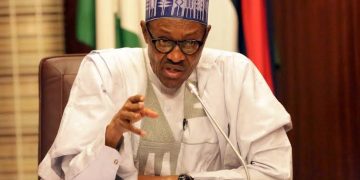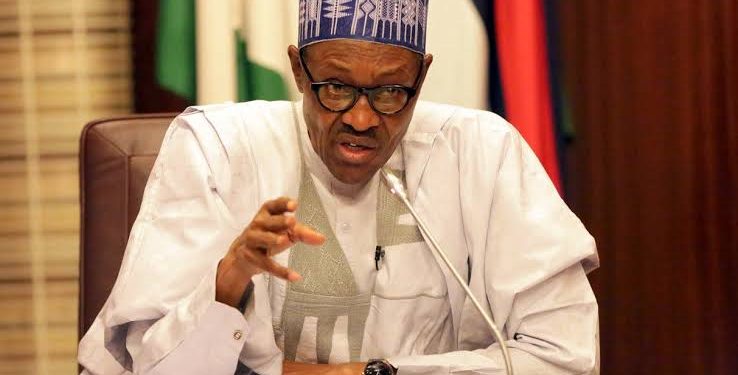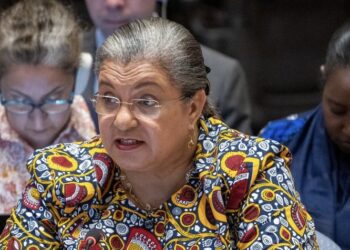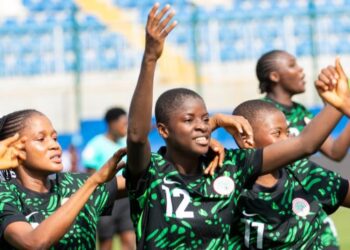By John Ikani
President Muhammadu Buhari says his administration is willing to play a critical role in the constitutional amendment process without usurping the powers of the National Assembly, NASS.
Buhari who made the statement in a broadcast to commemorate this year’s Democracy Day on Saturday said his administration is not against the ongoing agitations for constitutional reforms in the country.
According to him, due process must be followed in achieving such goals as the primary responsibility for constitutional amendments lies with the National Assembly.
He also expressed the readiness of his administration to play a critical role in the constitutional amendment process without usurping the powers of the NASS.
He said: ”In responding to the challenges that this period imposes on us, Government also recognises the need to acknowledge notions of marginalisation and agitations for constitutional amendments among various segments of our population.
”While this government is not averse to constitutional reform as part of our nation building process, everyone must understand that the primary responsibility for constitutional amendments lies with the National Assembly.
”This body which, as I said, is the arm of government responsible for constitutional changes has concluded the preliminary stages of amending and improving our constitution in a way that the majority of Nigerians will be happy with.
“Government is, however, willing to play a critical role in the constitutional amendment process without usurping the powers of the National Assembly in this regard.”
What you should know
There have been numerous calls for President Buhari to to convoke a national confab (dialogue) to resolve all the contentious issues heating up the polity.
The administration of President Buhari has also been advised on numerous occasions to revisit previous national dialogues, pick issues that would unite the country and implement them.
To borrow the words of Chief Gani Fawehinmi, “The primary duty of the Sovereign National Conference is to address and find solutions to the key problems afflicting Nigeria since 1914 to date.
The concern is to remove all obstacles which have prevented the country from establishing political justice, economic justice, social justice, cultural justice, religious justice and to construct a new constitutional frame-work in terms of the system of government- structurally, politically economically, socially, culturally and religiously.”
President Goodluck Jonathan explains lucidly some of the reasons for the National dialogue, he said: “as we continue to strive to build a strong and virile Nation, especially in the midst of agitations and tensions, we cannot deny the fact that sitting down to talk is one right step in calming down tensions and channelling our grievances, misgivings and suggestions into more positive use for the good of our Country…”
“…The concept of participatory democracy is such that even after the people have given their representatives the mandate to make laws and act on their behalf, there is also a space for the governed to make further input into the political processes, without undermining the authority of the statutory bodies. Sovereignty continues to be with the people even as the people evolve strategies and tactics to strengthen its foundation for the benefit of successor generations.


































